Directory
- Share
Leah Katzelnick
- Alumni
- United States
- 2012 PhD Zoology
- Emmanuel College
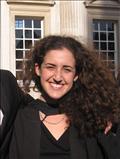
Leah Katzelnick
- Alumni
- United States
- 2012 PhD Zoology
- Emmanuel College
I am ecstatic to continue studying antigenic variation among dengue viruses as a PhD student in Zoology. I had the privilege doing an MPhil last year in the the Department of Zoology at Cambridge, with research at the NIH in the USA, and will continue working with both groups during the PhD. We use a technique called antigenic cartography to make ‘antigenic maps’ that depict the relationships between viruses and antibodies. I hope to build on our preliminary findings for dengue viruses to develop a more complete picture of the antigenic variation within and between dengue serotypes.
Andrew Kau
- Alumni
- United States
- 2006 MPhil Medieval and Renaissance Literature
- Magdalene College

Andrew Kau
- Alumni
- United States
- 2006 MPhil Medieval and Renaissance Literature
- Magdalene College
Ethan Kaufman
- Alumni
- Canada
- 2006 PhD Biochemistry
- Gonville and Caius College

Ethan Kaufman
- Alumni
- Canada
- 2006 PhD Biochemistry
- Gonville and Caius College
In my time at Cambridge, I hope to contribute to our understanding of the molecular events required to generate a remarkably complex adult body plan from a single cell embryo. Such developmental processes are often found to be deregulated in cancer, and thus research in this area promises to provide insight into cancer etiology and reveal opportunities for therapeutic intervention. I would like to express my profound gratitude to the Gates Trust for enabling me to pursue this opportunity of a lifetime.
Scott Kaufman
- Alumni
- United States
- 2003 MPhil Biological Science
- King's College
Scott Kaufman
- Alumni
- United States
- 2003 MPhil Biological Science
- King's College
Broadly speaking, Scott is interested in the nature and measurement of human intelligence. Specifically, he is interested in the relationship between working memory and intelligence, artistic creativity, and the implications of theories of intelligence for special populations (gifted, learning disabled) as well as those undergoing psychotherapy.
Katherine Kauma
- Scholar
- United States
- 2022 PhD Astronomy
- Clare Hall
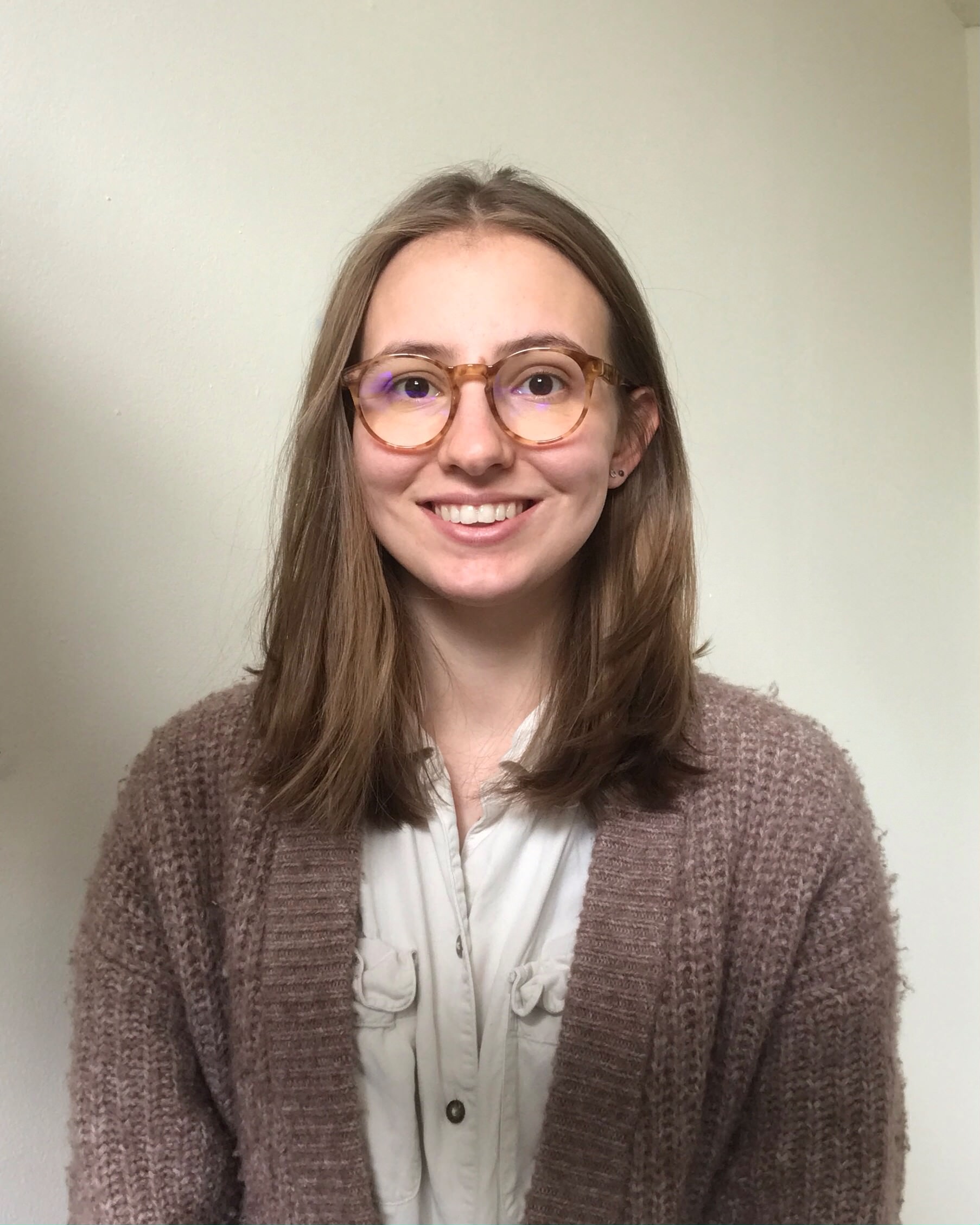
Katherine Kauma
- Scholar
- United States
- 2022 PhD Astronomy
- Clare Hall
My first taste of astronomy was at a public star party just outside of Pittsburgh, Pennsylvania. As soon as I glimpsed through the observatory telescope to see the colorful bands and bright moons of Jupiter, I knew that I would dedicate my life to understanding our universe and how it came to be. I earned a B.S. in Physics and a B.S. in Astronomy & Astrophysics at the Pennsylvania State University. There, I discovered my calling in the form of quasars - supermassive black holes consuming matter at the centers of galaxies. I continued my studies in the MASt. in Astrophysics program at the University of Cambridge. My doctoral research will aim to find high-redshift quasars and study the Epoch of Reionization, a period of great change marking the end of the Cosmic Dark Ages and the beginning of the universe we are familiar with today. I hope that my work will advance our understanding of the history and evolution of the universe. Alongside research, I will work to improve accessibility and inclusivity in my field through advocacy and outreach as a Gates-Cambridge Scholar and member of the Institute of Astronomy. I am thankful for this opportunity, and I look forward to being a part of this incredible scholar community.
Previous Education
University of Cambridge Astrophyics 2022
Pennsylvania State University Astronomy and Astrophysics 2021
Pennsylvania State University Physics 2021
Shraddha Kaur
- Alumni
- India
- 2015 PhD Biological Sciences at MRC Brain Cognition Unit
- Christ's College

Shraddha Kaur
- Alumni
- India
- 2015 PhD Biological Sciences at MRC Brain Cognition Unit
- Christ's College
Previous Education
University of Dehli (Lady Shri Ram College)
Oxford University
Travis Kavulla
- Alumni
- United States
- 2007 MPhil Historical Studies
- Darwin College
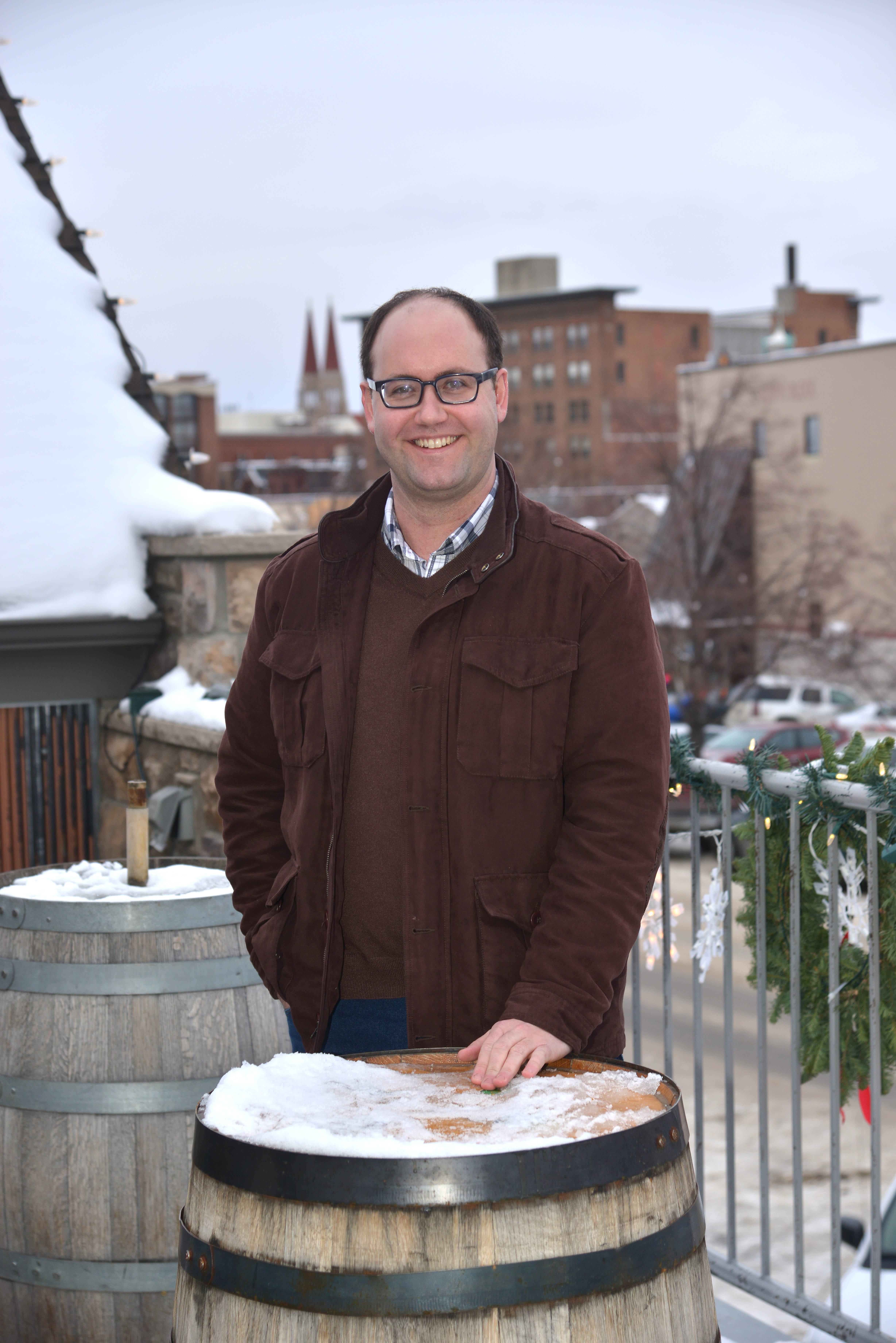
Travis Kavulla
- Alumni
- United States
- 2007 MPhil Historical Studies
- Darwin College
Travis Kavulla is the vice chairman of the Montana Public Service Commission, the state's energy, telecommunications, water, and transportation regulator. In November 2010, he was elected by a 28-point margin, the largest of anyone facing an election contested by both major parties since the modern commission’s inception in 1974. He was re-elected in 2014 in an uncontested race.
Commissioner Kavulla recently concluded a term as President of the National Association of Regulatory Utility Commissioners (NARUC). He is a member of the Advisory Council of the Electric Power Research Institute and also serves as co-chairman of the Northern Tier Transmission Group (NTTG) Steering Committee.
Commissioner Kavulla previously has led Western state utility regulators’ efforts on the creation of efficient wholesale markets, emissions allowance trading, and the reliability of the bulk electric system.
Previous to his election to the Public Service Commission, Mr. Kavulla worked as a journalist, writing on political economy, culture, and development. His by-line has appeared in publications as diverse as the Wall Street Journal, Catholic World Report, the Dallas Morning News, and the Journal of Eastern African Studies, among many others. Mr. Kavulla has also served as associate editor for National Review, the biweekly magazine founded by William F. Buckley, Jr., and has worked as a professional editor of media ranging from blogs to books. Mr. Kavulla has received a number of honors, including being awarded a year-long, full-time writing fellowship in 2008 from the Phillips Foundation.
Mr. Kavulla received his bachelor’s in History at Harvard University. He is a fourth-generation Montanan.
Sara Kazmi
- Alumni
- Pakistan
- 2017 PhD English (Criticism and Culture)
- Queens' College

Sara Kazmi
- Alumni
- Pakistan
- 2017 PhD English (Criticism and Culture)
- Queens' College
Sara Kazmi is Assistant Professor of English at the University of Pennsylvania. She is a scholar, translator, and performer whose work takes an interdisciplinary approach to the study of anticolonial, left, and oppositional literary production in the Global South. Sara focuses on the Panjab region, and more broadly, on South Asia and South Asian diasporas, combining methods in literary studies, performance, and history to focalise how marginal and vernacular writing engages planetary debates around questions of decolonisation, Marxism, and revolutionary transformation. In addition to her work as a scholar, Sara is a performer and student of Indian classical music. She blends ragas with folk tunes in renditions of protest music from South Asia, some of which are archived at mein.beqaid (I, uncaged) on Instagram. She also sits on the editorial committee for Jamhoor, a critical left media organization that amplifies marginalized and progressive voices from South Asia. Prior to joining the University of Pennsylvania, Sara was a Postdoctoral Fellow at LUMS University in Lahore, Pakistan. She received a PhD in Criticism and Culture at the Department of English, University of Cambridge, an MA in South Asian History at SOAS, London, and a B.A. (Hons) in Humanities from LUMS University. Her academic work has appeared in the South Asia Multi-disciplinary Journal (SAMAJ), the Journal of Socialist Studies, and South Asia Chronicle, and literary criticism and long-form writing has been published by Herald, Dawn Books and Authors, The News on Sunday, and Poetry Birmingham, with translations in Jalada Africa and Pancham.
Previous Education
Lahore University of Management Sciences
School of Oriental and African Studies
Samuel Kebede
- Alumni
- Ethiopia
- 2018 MPhil Epidemiology
- Sidney Sussex College
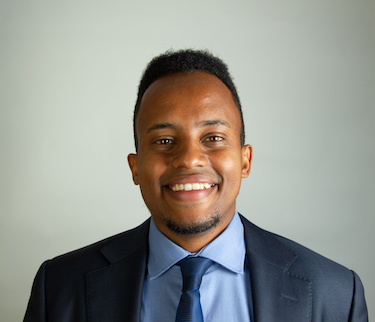
Samuel Kebede
- Alumni
- Ethiopia
- 2018 MPhil Epidemiology
- Sidney Sussex College
I am originally from Ethiopia but also grew up in Zimbabwe and the Congo. Through my experience living in these different settings, the role of diseases, health disparities and environment made a lasting impact. This realization influenced my decision to gain the knowledge and research skills to prevent and control public health challenges in Africa. I completed my BA in Public Health at Johns Hopkins University. I studied the MPhil in Epidemiology at Cambridge and through the Gates Cambridge scholarship. I finished medical school at the Icahn School of Medicine at Mount Sinai and am resident in the Primary Care and Social Internal Medicine Program at Montefiore/Albert Einstein College of Medicine in the Bronx, NY. I hope to be part of efforts for continued policy, practice and research development in Africa as a public health physician.
Previous Education
Johns Hopkins University
Icahn School of Medicine at Mount Sinai
Halley Keevil
- Alumni
- Canada
- 2012 MPhil Earth Sciences
- Darwin College
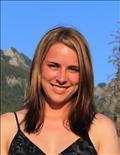
Halley Keevil
- Alumni
- Canada
- 2012 MPhil Earth Sciences
- Darwin College
I graduated from the University of British Columbia in 2011, earning an Honours BSc in Geological Sciences. For my undergraduate honours thesis I studied the mineralogy and geochemistry of a recently discovered class of mineral deposit in British Columbia. The goal of my work was to assist in creating an exploration model for this deposit type. My main geologic interests involve the processes behind the formation of various ore deposits, and I have worked for Canadian mining companies, completing geologic mapping to explore for economic mineralization. At Cambridge I will work under Dr. Marian Holness, studying the textural and geochemical signatures of late-stage magmatic liquids at the Skaergaard Intrusion in Greenland. I will relate the mineralization processes of the Skaergaard Intrusion to those of the Bushveld Intrusion in South Africa using microstructural analysis and geochemistry. After completing my MPhil in Earth Sciences I plan to pursue a career in economic geology.
Previous Education
Laurentian University
University of British Columbia
Angeliki Kehagia
- Alumni
- Greece
- 2004 PhD Experimental Psychology
- Downing College

Angeliki Kehagia
- Alumni
- Greece
- 2004 PhD Experimental Psychology
- Downing College
My investigations are based on developing paradigms of executive function and decision making as indices of corticostriatal function, sensitive to neuropsychological deficits seen in neurodegenerative conditions and following brain damage. Techniques include fMRI and pharmacology of disease modifying as well as cognitive enhancing drugs, such as levodopa and atomoxetine. Current research interests lie in the domain of Parkinson’s disease and dementia, and developing neuropsychological and neuroimaging methods to improve early and accurate diagnosis, with a view to tailoring pharmacotherapy. In addition to my empirical work in neuroscience, I am interested in philosophical issues surrounding the concept of disorder in the cognitive, affective and psychiatric domains; the social implications of neuroscientific advances.
Hunter Keith
- Alumni
- United States
- 2001 PhD Historical Studies
- Sidney Sussex College

Hunter Keith
- Alumni
- United States
- 2001 PhD Historical Studies
- Sidney Sussex College
Ryan Keller
- Alumni
- United States
- 2004 MPhil International Relations
- St John's College

Ryan Keller
- Alumni
- United States
- 2004 MPhil International Relations
- St John's College
Valerie Keller
- Alumni
- United States
- 2002 MPhil European Literature
- Clare Hall

Valerie Keller
- Alumni
- United States
- 2002 MPhil European Literature
- Clare Hall
Michelle Kelley
- Alumni
- United States
- 2014 MPhil Scientific Computing
- Churchill College
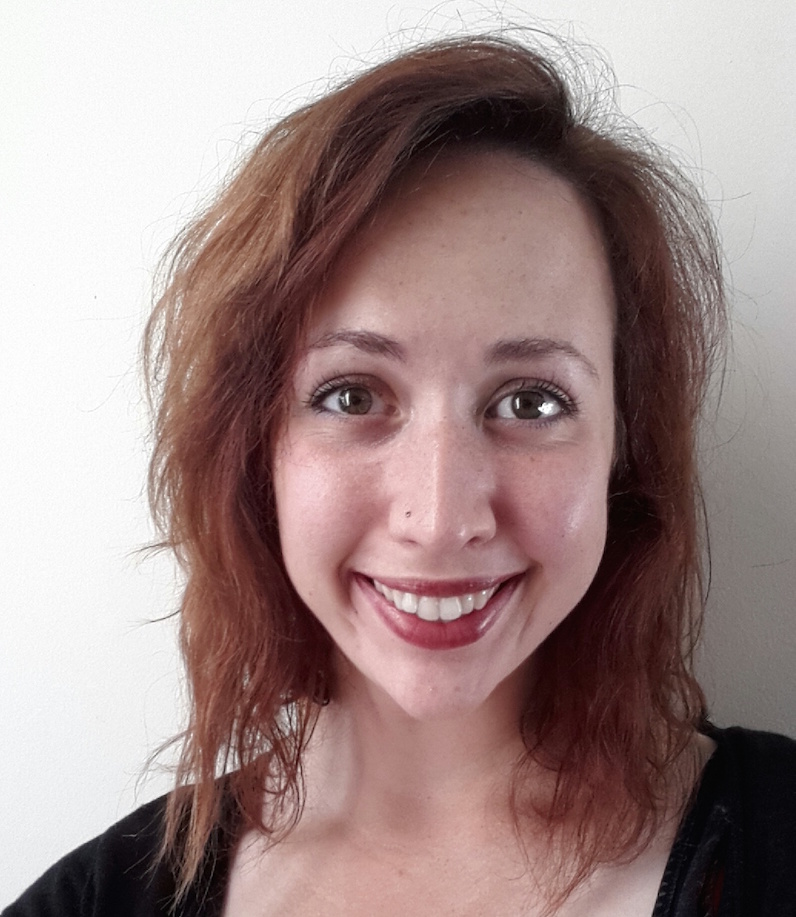
Michelle Kelley
- Alumni
- United States
- 2014 MPhil Scientific Computing
- Churchill College
Amanda Kelly
- Alumni
- United States
- 2001 MPhil Brain Repair
- Trinity College
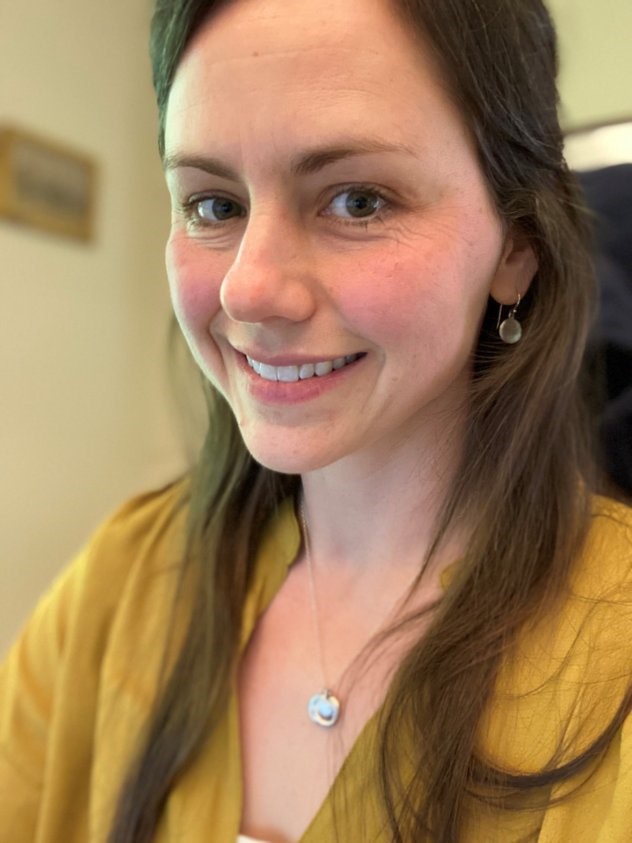
Amanda Kelly
- Alumni
- United States
- 2001 MPhil Brain Repair
- Trinity College
Previous Education
University of Cambridge MPhil Biological Sciences 2003
University of Pennsylvania BA Biological Basis of Behavior 2001
Links
Ann Kelly
- Alumni
- United States
- 2002 PhD Social Anthropology
- St John's College

Ann Kelly
- Alumni
- United States
- 2002 PhD Social Anthropology
- St John's College
João Kelmer
- Alumni
- Brazil
- 2021 PhD Social Anthropology
- King's College
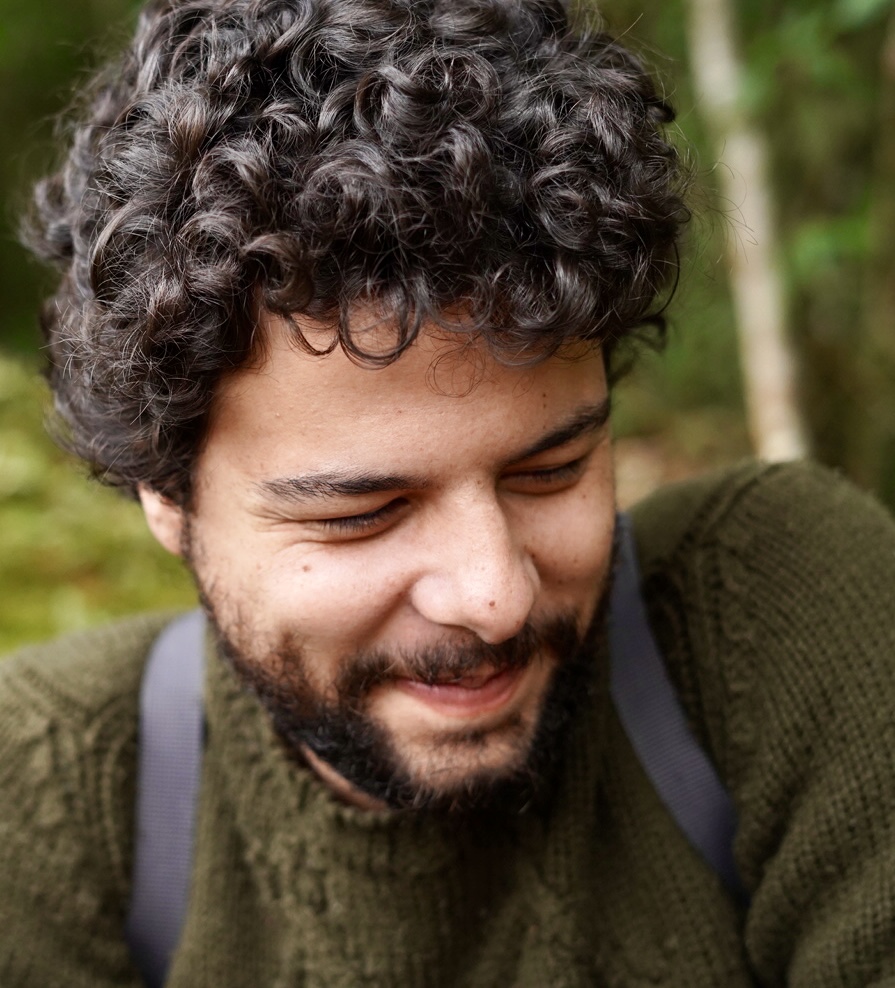
João Kelmer
- Alumni
- Brazil
- 2021 PhD Social Anthropology
- King's College
João Kelmer is an anthropologist whose research focuses on mourning and temporality among Indigenous peoples in lowland South America. Based on extensive ethnographic fieldwork with the Boe, an Indigenous group from Central Brazil, his work examines how ritual aesthetics shape experiences of time and memory, fostering reflexive reimaginings of collective life.
Previous Education
Federal University of Rio de Janeiro Social Anthropology 2021
Federal University of Rio de Janeiro Social Sciences 2019








